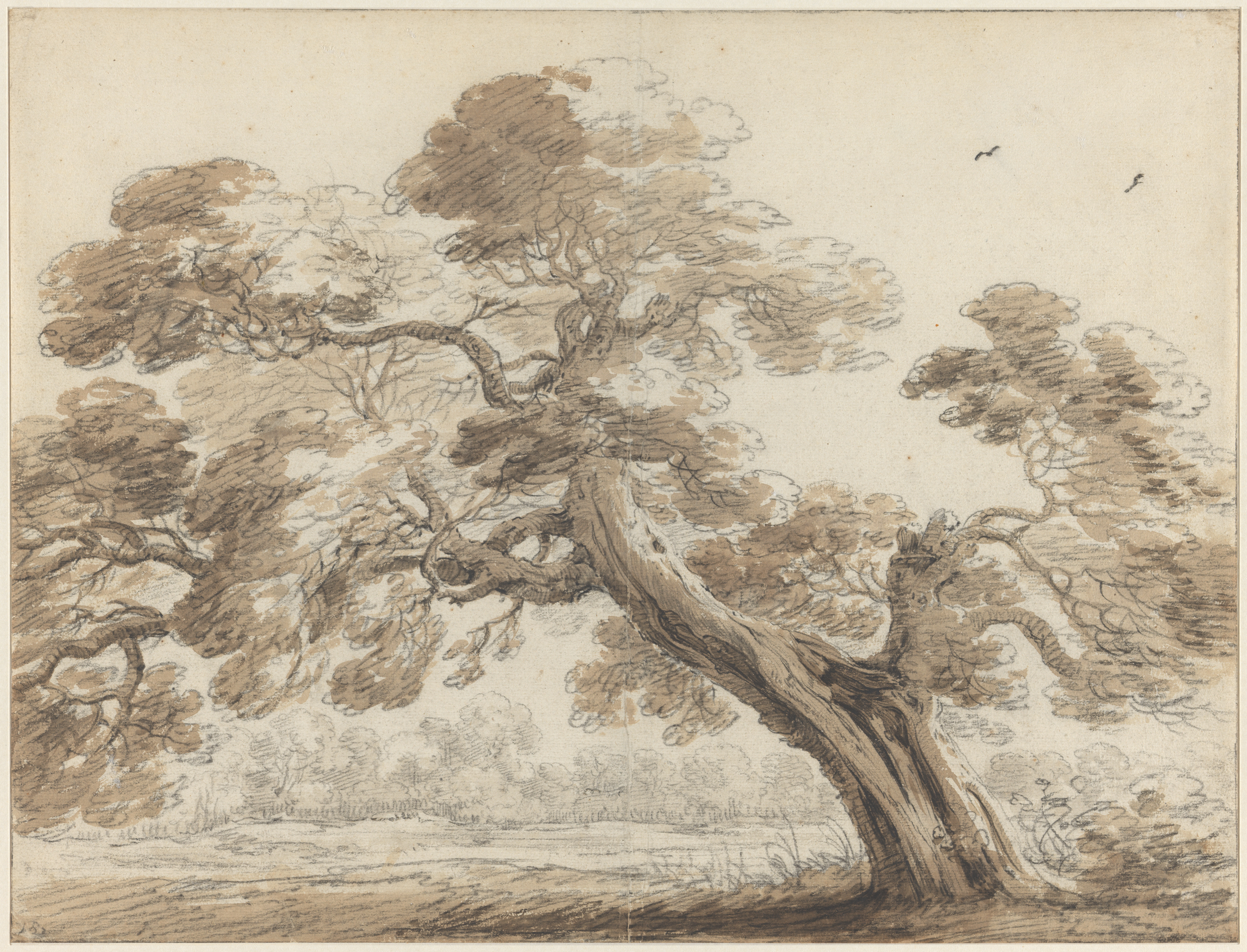
The Kröller-Müller Museum has about a thousand drawings dating from before 1850, mostly from the North and South Netherlands and Italy. The majority are part of Helene Kröller-Müller’s art collection, which contains over 11,500 objects.
It is not widely known that in addition to the art of her own time, Helene Kröller-Müller also collected older works of art, not only paintings, but also many drawings. For the exhibition Aged well. Three centuries of drawings from the Kröller-Müller collection a selection of the hundred finest and most exceptional old drawings has been made, from the 16th to the early 19th century. Some of these works are being exhibited for the first time in the history of the museum.
Old masters
Like many other collectors of her time, Helene Kröller-Müller supplements her predominantly modern collection with works by old masters. Due to the high prices, these are far fewer in number, but between 1910 and 1930 she makes various interesting purchases in this area. For these acquisitions, she follows the advice of her art advisor H.P. Bremmer.
According to Bremmer, art is created to stir the emotions. He regards emotion as the transmission of a spiritual experience and emphasizes that spiritual art has always existed. It is ‘foolishness […] to draw a distinction between old and new art. Rembrandt himself would find that laughable’.
Rare drawings
The Kröller-Müller collection contains exceptional and rare drawings and works of high quality. One surprise is a sketch sheet by the only woman engraver in the collection, Christina Chalon (1749-1808). She specialized in depicting ordinary people and their everyday activities in the eighteenth century. The detailed drawings by Josua de Grave (1643-1712) offer an account of the months-long campaigns of Stadtholder William III. While the personal and humorous diary drawings of Christiaan Andriessen (1775-1846) provide an insight into fashionable life in early nineteenth-century Amsterdam. These drawings have thus far escaped the attention of authors writing about his work. Another special work is a rare drawing by the Milanese Giovanni Ghisolfi (1623-1683), one of his three well-known preliminary studies for frescoes in the chapel of Saint Benedict in the Certosa di Pavia monastery in Lombardy.
Research
The one hundred drawings by 55 different artists have been researched extensively. The attributions and dates have been re-examined, but also the position of the works within the artist’s oeuvre, the representations and provenance history. For the research, the museum collaborated with specialists from the RKD Netherlands Institute for Art History and the Rijksmuseum. The exhibition will be accompanied by a bilingual catalogue.
The exhibition will be on display from 4 December 2021 until 20 March 2022.
